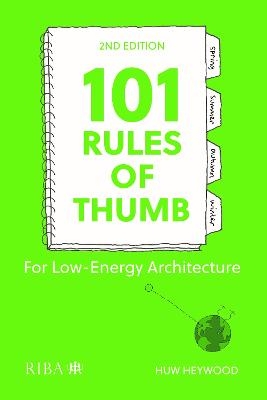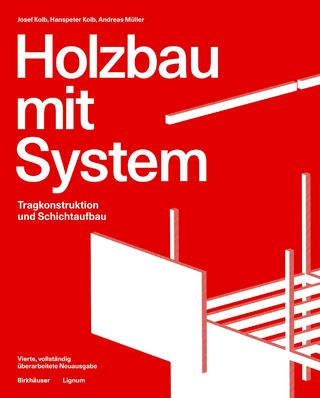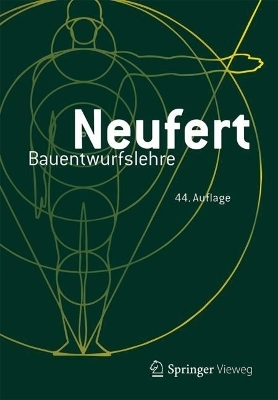
101 Rules of Thumb for Low-Energy Architecture
RIBA Publishing (Verlag)
978-1-85946-991-0 (ISBN)
intuitive way. Where ever-changing technology and complex legislation can cloud
the designer’s thought-process, this book equips you with the fundamentals you
need to minimise CO2 emissions, design for low-energy use and work
with, not against, the forces of nature.
Buildings and construction are a major contributor to the climate and biodiversity emergency. They account for nearly 40% of energy-related carbon dioxide (CO2) emissions. It is more important than ever for architects to design responsibly and create low-carbon, low-energy buildings for a sustainable future.
101 Rules of Thumb sets out the essential elements of low-energy architecture in a fresh, intuitive way. Where ever-changing technology and complex legislation can cloud the designer’s thought-process, this book equips you with the fundamentals you need to minimise CO2 emissions, design for low-energy use and work with, not against, the forces of nature.
With reliable, simple rules of thumb, each page focuses on a single piece of guidance along with a clear hand-drawn illustration. The emphasis is on passive low-energy principles, and the rules of thumb cover all the design fundamentals from site and location to orientation and form, peppered with ideas to help the designer think outside the box, drawing inspiration from traditional methods, photoperiodic plants, and the black-tailed prairie dog. An extended, fully updated narrative bibliography explores the sources in detail and provides a valuable springboard for further study.
Applicable throughout the world in any climate region, 101 Rules of Thumb is a global primer to be dipped into at any time as a quick means of re-focusing on what’s important when designing a new or retrofitted low-energy building.
The rules cover:
•Site and location
•Orientation and form
•The low-energy building envelope
•Carbon free heating, cooling and lighting
•Passive low-energy principles
Huw Heywood is an architect with over 30 years’ experience in practice and teaching internationally. His specialist teaching and research is in environmental & sustainable design and technology and he has taught as Principal Lecturer at the University of Portsmouth School of Architecture, as Adjunct Associate Professor at the Chinese University of Hong Kong, and as a guest tutor/lecturer in the UK, Hong Kong, China and Germany. Huw is author and illustrator of the first two books in the 101 Rules of Thumb series, and when he is not travelling to learn about other cultures and climate regions he can be found indulging his passion for hillwalking, photography and painting in the mountains of north Wales.
Preface
Introduction
Chapter 1.
Working with site and location
- Sun and
shade
- Climate and
micro-climate
- Shelter
from wind and rain
Chapter 2.
Manipulating orientation and form
- The
relationship between sun and wind
- The impact
of building form
Chapter
3. The low-energy building envelope
- Heavy and
lightweight construction
- The timing
of heating needs
- Reducing
heat loss
Chapter 4.
Energy and the internal environment
- Carbon free
heating – direct, isolated and indirect solar gain
- Carbon free
cooling: using earth, wind and water
- Carbon free
lighting: daylight
- Colour
Chapter 5.
Rules and strategies for different climatic regions
- Hot–dry
climate
- Hot–humid
climate
- Cold
climate
- Cold-winter/hot-summer
climate
- Temperate
climate
Narrative
bibliography
Bibliography
| Erscheinungsdatum | 02.09.2021 |
|---|---|
| Verlagsort | London |
| Sprache | englisch |
| Maße | 123 x 186 mm |
| Themenwelt | Technik ► Architektur |
| ISBN-10 | 1-85946-991-4 / 1859469914 |
| ISBN-13 | 978-1-85946-991-0 / 9781859469910 |
| Zustand | Neuware |
| Informationen gemäß Produktsicherheitsverordnung (GPSR) | |
| Haben Sie eine Frage zum Produkt? |
aus dem Bereich


